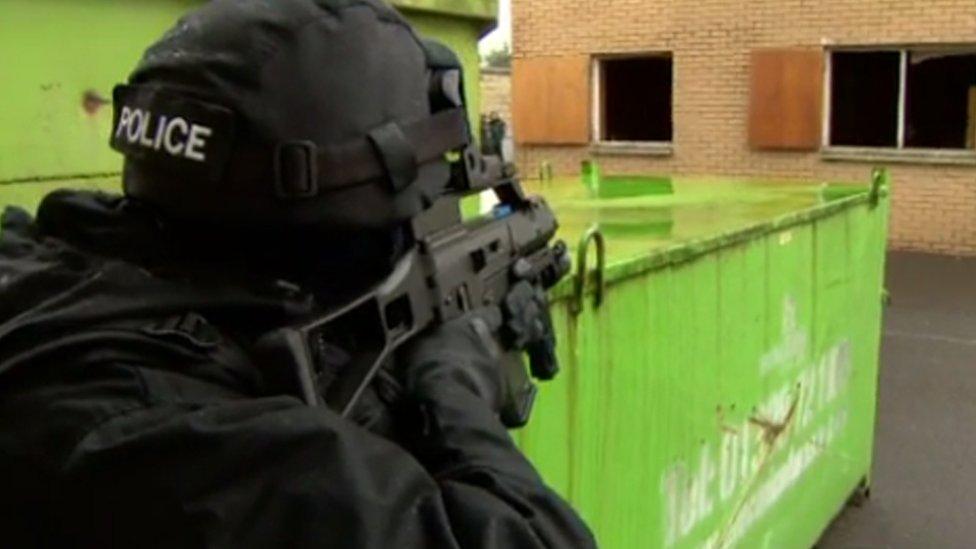Police Scotland officer numbers to be cut by 400
- Published
- comments
The chief constable said there would be a more visible community presence
Police Scotland has outlined plans to cut officer numbers by 400 as part of its 10-year policing plan.
Chief Constable Phil Gormley said recruitment levels would remain unchanged in the current year, but would begin to slow between 2018-20.
He said resources would be re-directed to frontline operations, amid big financial challenges.
Last December, the spending watchdog said Scotland's police service was facing a £188m funding gap by 2020-21.
Mr Gormley said officer numbers had been at historic highs but said some staff had been used for corporate, rather than community roles.
As part of a new strategy, external, Policing 2026, he said police officers would be released from corporate and backroom roles, with priority given to frontline operations and a more visible community presence.
Some corporate roles will also be cut.
Mr Gormley said that changing technology meant that not everyone involved in fighting crime would be a serving police officer.
And he added that the workforce would be given new training to fight cybercrime.
Fighting cybercrime
Andrew Flanagan, chairman of the Scottish Police Authority, said action must be taken but said police officer recruitment would only be cut if approved by the SPA.
He told a press conference at the launch of the new strategy: "We are anticipating a small reduction in police officer numbers through to 2020.
"It would be around 400, but that would come towards the end of the period, rather than early on.
"We expect police officer numbers to remain at their current level through the coming year and only gradually reduce thereafter."

The Police Scotland workforce will be given new training to fight cybercrime
He added: "I must stress - we will not reduce police officer numbers until we see these productivity gains coming through.
"So, actually, we are anticipating the amount of operational policing will actually increase through the period through to 2020."
As part of the new strategy, people across Scotland are being invited to give their views on how Police Scotland should be shaped over the next 10 years in a 10-week consultation.
Police Scotland has pointed out that patterns of crime are changing - often enabled by new technologies. The population profile is also ageing and becoming more diverse and the duty to protect the vulnerable is becoming ever more complex.
It said the police service must adapt and develop its capacity and capability to maximise public safety and remain operationally and financially sustainable.
Add most value
The force said the new strategy would create a workforce of police officers and staff who are focused on where they can add most value to protecting and serving the public.
It suggested that technology and new ways of working would lead to greater productivity and more time tackling crime and addressing issues around vulnerability. The workforce mix would also evolve as new skills and capabilities were developed.
The strategy would recognise that police are dealing increasingly with vulnerable people who need medical or social care rather than law enforcement officers.

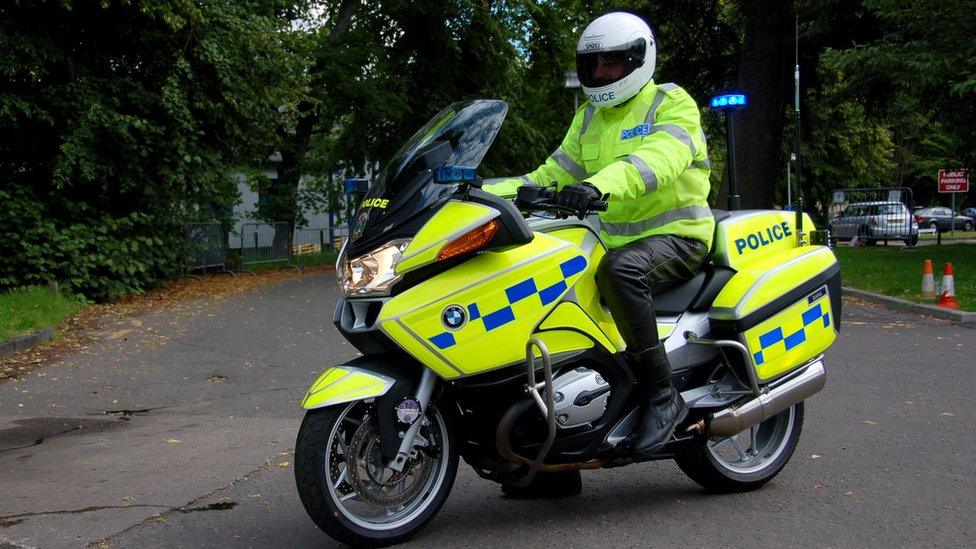
Key areas in the new strategy:
Prevention - tackling crime, inequality and critical problems facing communities
Protection - based on threat, risk and harm
Communities - focused on localism, diversity and the virtual world
Knowledge - informing the development of better services
Innovation - becoming a dynamic, adaptable and sustainable service

Mr Flanagan and Mr Gormley announced the consultation in Edinburgh.
Mr Flanagan said: "The SPA and Police Scotland have spent many months assessing the changing nature of communities and their demands on policing as well as analysing the changing nature of crime.
"From a position of strength, we need to ensure that Police Scotland adapts to these changes and has the range of skills and capacity to deal with growing demand and that we do so in a financially-sustainable way."
'Must transform'
He added: "Policing is a vital public service and it is essential that we listen to those we wish to serve to ensure we meet their expectations.
"Through this consultation we are asking for everyone to provide their views on the approach outlined today and I would urge as many people as possible to take part."
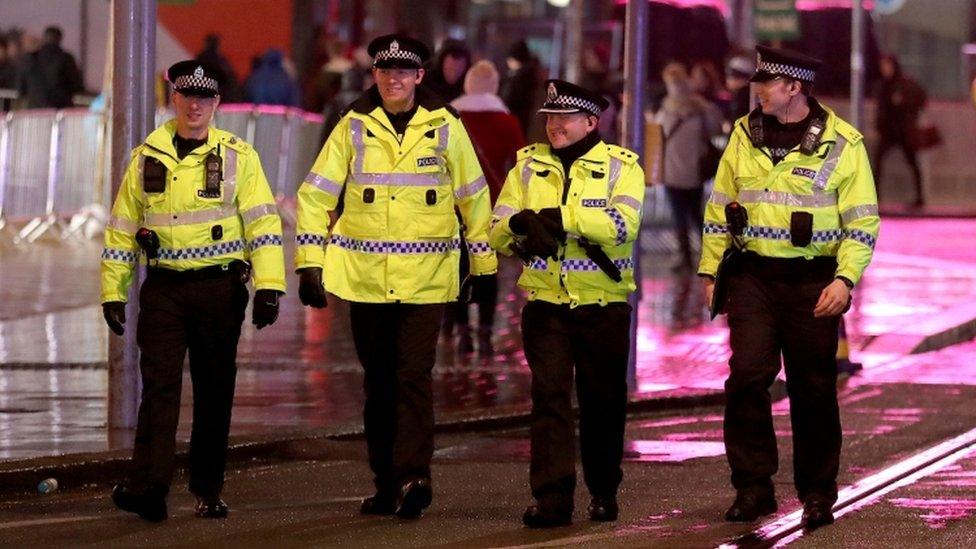
The consultation will look at how the force will develop in the future
Mr Gormley said: "Policing in Scotland has gone through significant transition; it is proudly one of the oldest public services in the world.
"Now the service must transform to realise and release the full benefits of being a single organisation.
"Local policing will remain at the heart of what we do, supported by a wide range of specialist capabilities.
"In an ever-changing world, people will continue to turn to the police service for a myriad of reasons, which means it's never been more important to understand our demand, both current and future, in order to be able deliver a service which is relevant, has legitimacy and above all maintains the trust and confidence of the public."
Officers on the beat
Justice Secretary Michael Matheson said Police Scotland must "embrace new approaches" and said the Scottish government had provided an enhanced £61m reform budget for 2017-18 to support the changes.
"While our Programme for Government is clear about the need to consider the right mix of skills and not just overall numbers, the public will always be interested in the number of police officers on the beat," he said.
"We will pay particular attention to these issues before approval of the final strategy. In all circumstances, I would expect to see the number of police officers remaining significantly above the number we inherited in 2007.
"Indeed, our enhanced funding gives police the platform to invest in the wider workforce, technology and other resources to keep communities safe."
He added: " I urge all those with an interest to have their say on this next phase of policing in Scotland."
Anyone who wants to contribute to the consultation , externalshould submit their comments by 8 May.
- Published26 January 2017
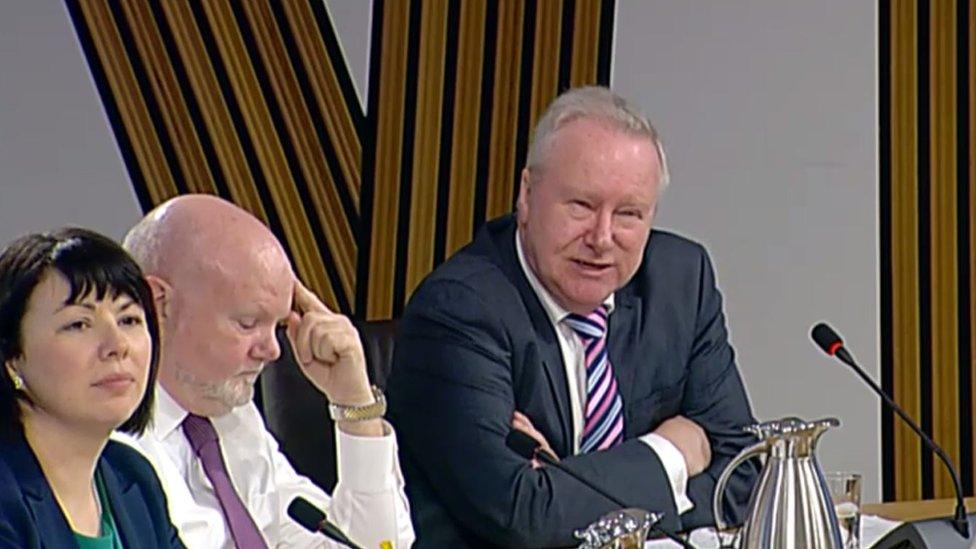
- Published22 December 2016
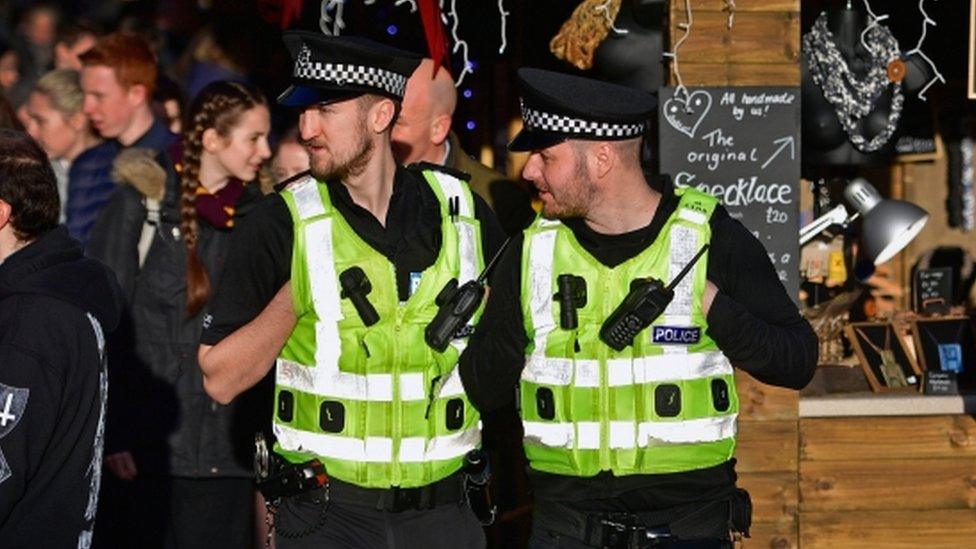
- Published21 July 2016
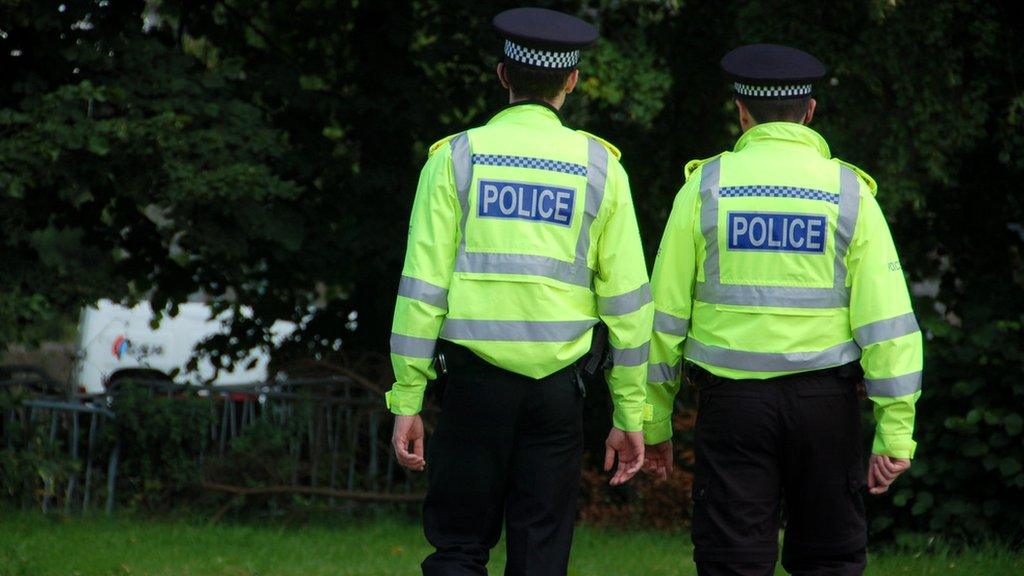
- Published16 June 2016
